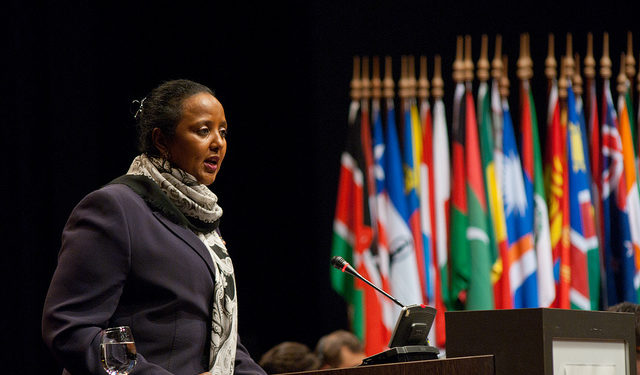New battle lines opened up between Kenya and the International Criminal Court after judges found that the government had failed to honour prosecution requests for information in the case against President Uhuru Kenyatta.
The decision will be a Pyrrhic victory for ICC Prosecutor Fatou Bensouda, who was forced to terminate the case against Kenyatta for lack of sufficient evidence, which she blamed on the Kenya Government’s failure to supply.
Trial Judges Kuniko Ozaki (presiding) Robert Fremr and Geoffrey Henderson referred Kenya to the Assembly of States Parties 13 months after the Appeals Chamber at the ICC ordered them to review their December 3, 2014 decision in which they had made a finding of non-compliance but stopped of short of recommending any action.
Kenya is the first country to be referred to the ASP for failing to honour its treaty obligations to cooperate with the court on investigations, even though the Democratic Republic of Congo, although it has been cited alongside Uganda, Sudan, Chad and Djibouti at the ASP and the UN Security Council for failing to arrest Sudanese President Omar el Bahssir who is wanted at the ICC for genocide and war crimes. The annual ASP, scheduled for November 16 and 24 this year, will likely turn into a diplomatic battleground even though the referral might not come up for formal discussion.
Judges decided that “judicial remedies had been exhausted and that the cooperation proceedings had reached a deadlock”.
“Despite the passage of a further 18 months … it appears that no further progress has been made in implementation of the [prosecution’s request],” the judges said in their 18-page decision released on Monday.
Since 2013, after crimes against humanity charges were confirmed for four Kenyatta, former head of the public service Francis Muthaura, Deputy President William Ruto and journalist Joshua arap Sang, has sent large delegations to the ASP each year at The Hague and in New York to lobby for rule changes and termination of the cases. Other diplomatic endeavours have targeted the African Union, whose open-ended ministerial committee on the ICC is expected to meet the United Nations Security Council this week to push for immunity of heads of state from prosecution, as well as the deferral of the genocide and war crimes cases against Sudanese President Omar el Bashir. They also hope to raise issues on the execution of arrest warrants, rules of procedure and the use of regional courts in place of the ICC.
Already, Kenya has threatened to withdraw its signature from the Rome Statute, the treaty creating the ICC, with a private member’s draft law to make good the threat being considered in the National Assembly.







